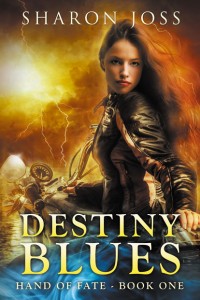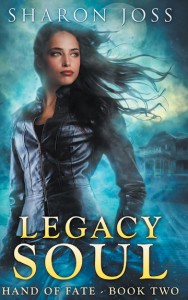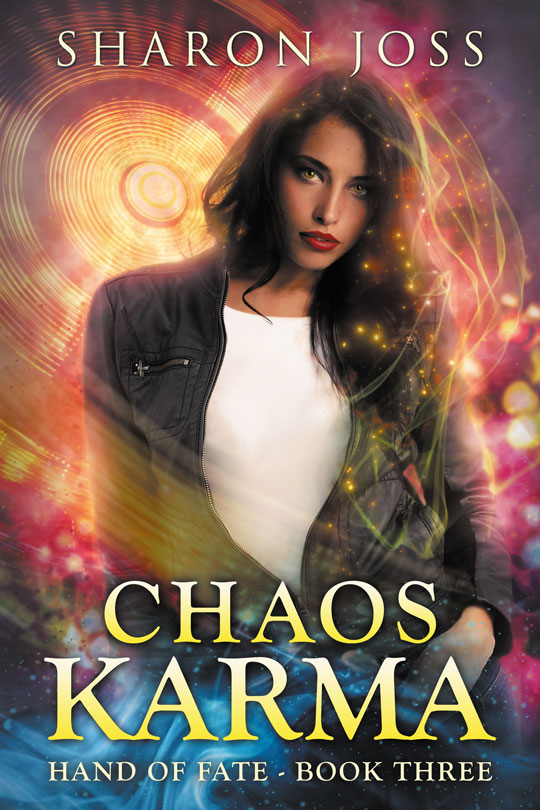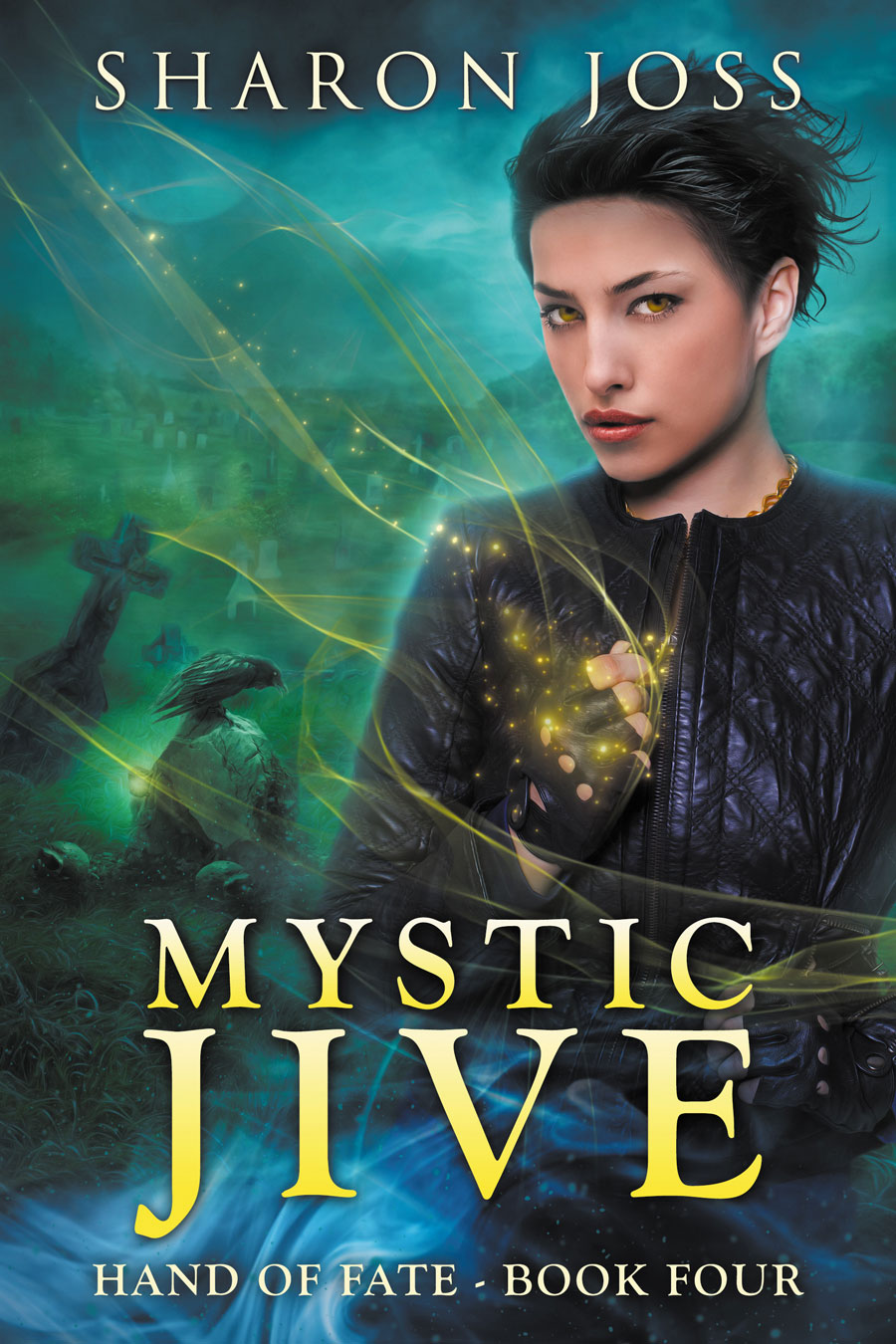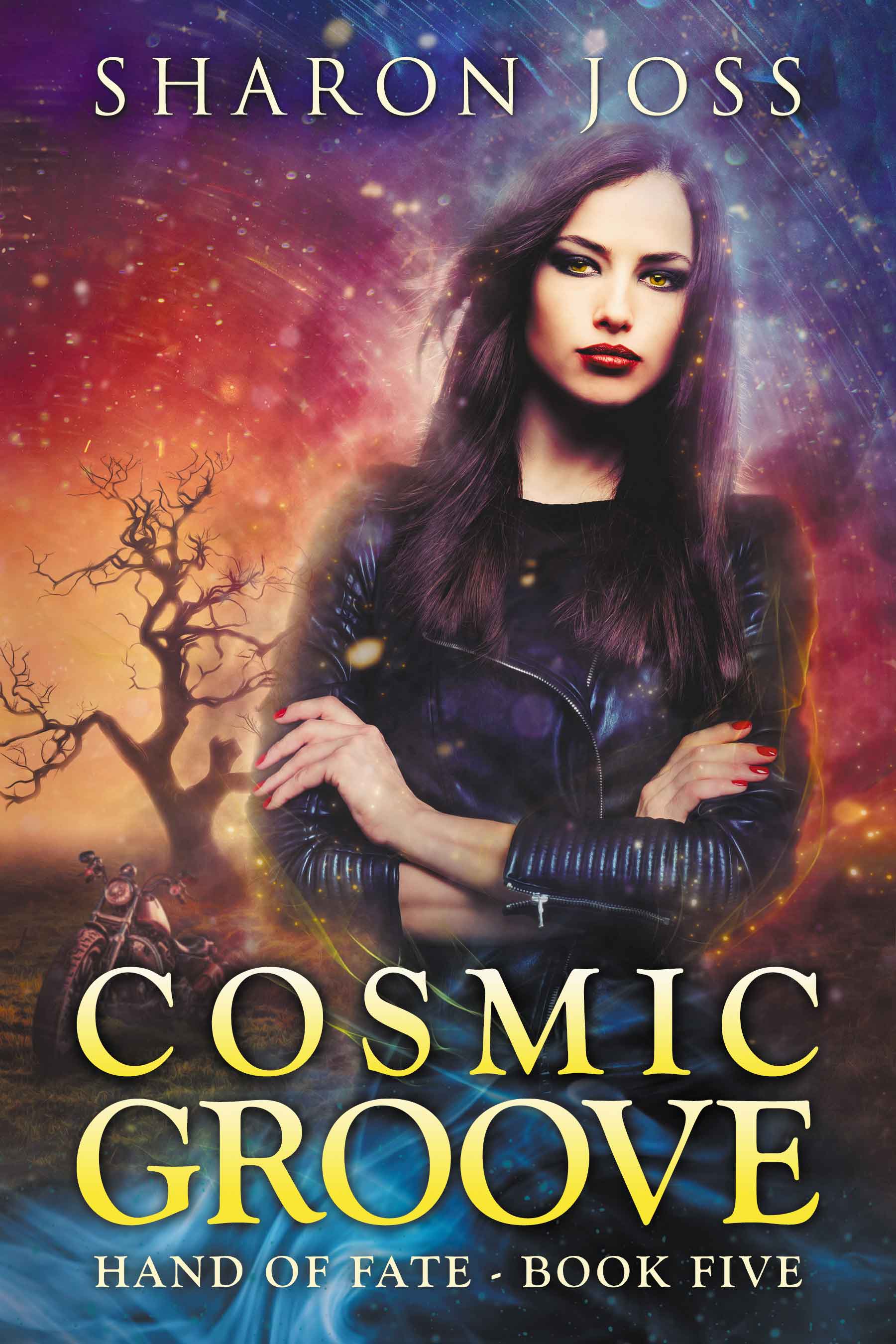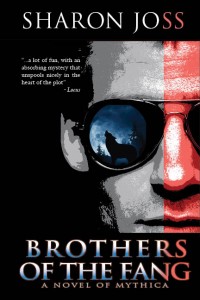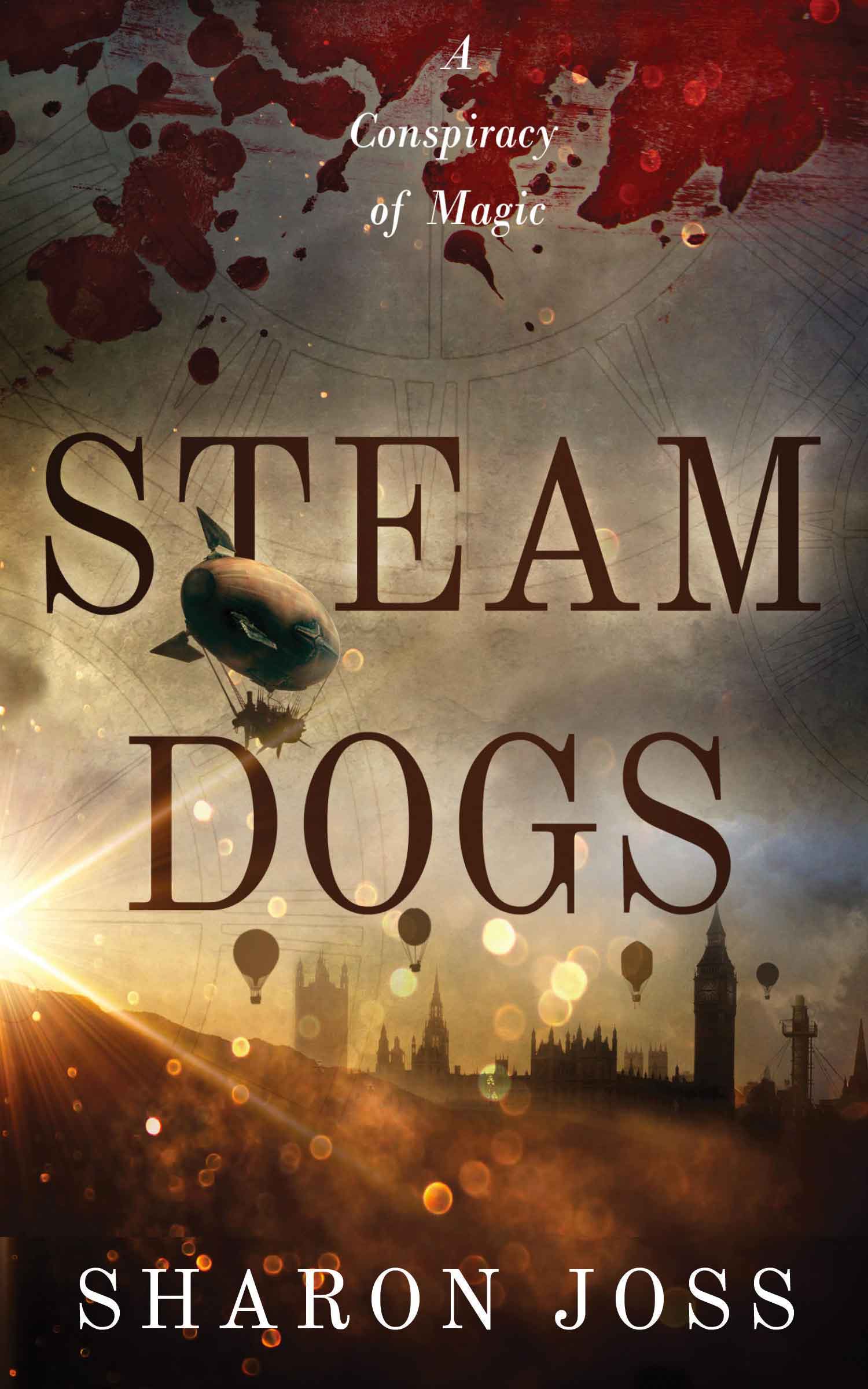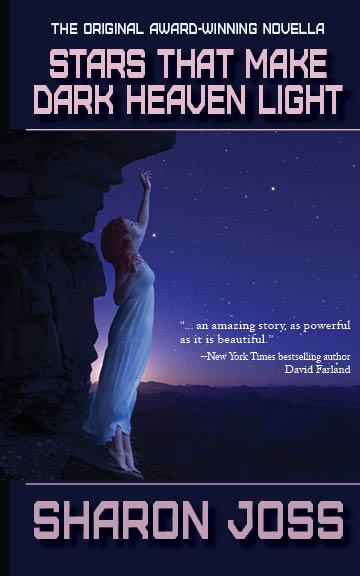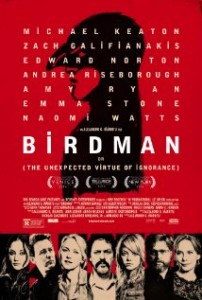 No spoilers here. I’m talking about technique here.
No spoilers here. I’m talking about technique here.
I’ve been going through some pretty intense personal stuff lately (really good, but distracting), so I decided to go see a movie, to reset my brain. I chose Birdman, in part because I love Michael Keaton, and in part, because it’s gotten a lot of buzz lately. But I hadn’t read any reviews, so I had no idea what it was about.
I liked it a lot; even as it’s not a typical movie experience. While I was watching it, I was thinking it was a ‘director’s movie’ because of the way it’s shot; the camera moves from scene to scene and person to person without any cuts. It gives the film a real flow, and once I got into it, I loved the technique. And I also loved how the music had an arc; just like a character arc. It started out like a smarmy lounge act, but by the end, it’s cool-hot jazz. Really killer jazz. And the third big thing I noticed was that the backstory was revealed in reverse priority–that is, the most important piece of information about the protagonist is revealed last, and the seemingly least important information is revealed first.
But here’s the thing. The film does not end for the audience until the
Very. Last. Second.
And the ending (and the viewer’s whole movie experience) depends on that last second.
For me, the movie was a magical, uplifting experience.
I talked to a friend who had seen it, and she said she found it depressing and sad, saying she doesn’t like movies about mental illness.
And I was totally blown away, because I didn’t see what she was talking about until after she told me. So I went back and read some of the reviews, and they were pretty well split in opinion along the exact same lines. And that made me like the movie even more, because I could see that an optimist would interpret this movie one way, while a pessimist/pragmatist would see it another, opposite way.
And that made me realize that Birdman is a writers movie. It’s brilliant.
Go see it.

